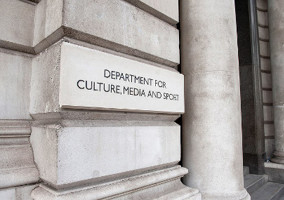Shadow Cabinet Office minister Jon Trickett has questioned the process for appointing Charity Commission board members in Parliament yesterday.
In a written question, he asked: “What steps are taken to ensure balance in (a) political background, (b) gender, (c) age and (d) regional affinity in appointments to the board of the Charity Commission?”
The department recently announced that Baroness Stowell, a Conservative peer and former leader of the House of Lords, is its preferred choice to be the next chair. If confirmed in the role, Stowell has said she will leave the Conservative Party and become sit as an independent peer.
Before Christmas DCMS announced that the Charity Commission’s legal director, Kenneth Dibble, would join the board as its legal director. Before joining the board he will resign from his role on the executive and there will be a gap before he takes up the new role.
Both appointments attracted criticism at the time, with some people concerned about Stowell’s links to the Conservative Party, and others saying that transferring someone from the executive to the board is an example of poor governance.
Government response
In response, the minister for civil society Tracey Crouch said the department had followed the correct process, advertised widely and appointed candidates on merit.
“Public appointments are made on merit, following a fair, open, and transparent competition, regulated by the Commissioner for Public Appointments and in accordance with the Cabinet Office Governance Code for Public Appointments,” she said.
“Ministers are provided with information about the diversity, skills and experience of the existing board at the start of each public appointments recruitment campaign.
“The Public Appointments Diversity Action Plan published in December 2017 sets out our ambition that by 2022, 50 per cent of public appointees should be female, and 14 per cent of all public appointments should be from ethnic minorities.
“Bearing in mind the Public Sector Equality duty, board vacancies are promoted through a variety of channels, many of which are targeted specifically at underrepresented groups.
“The Governance Code states that political activity should not affect any judgement of merit nor be a bar to appointment.”
|
Related articles











